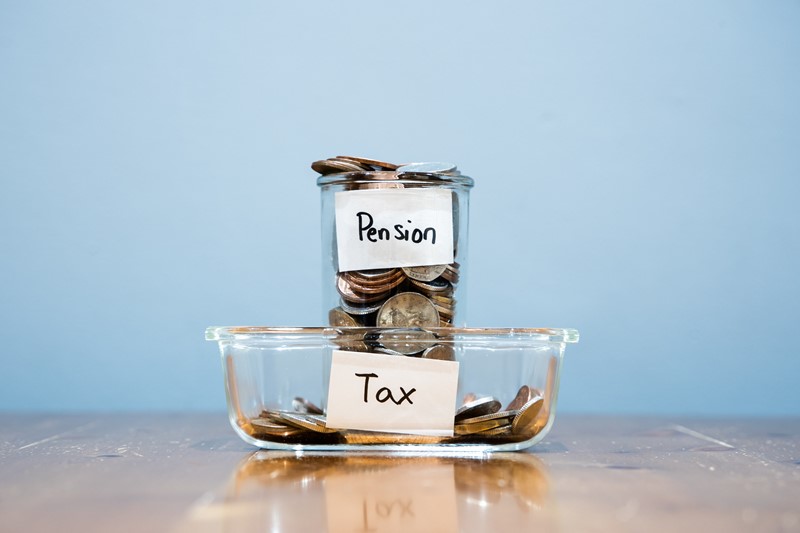The majority of gifts made during a person's life are not subject to tax at the time of the gift. These lifetime transfers are known as 'potentially exempt transfers' or 'PETs'. These gifts or transfers achieve their potential of becoming exempt from Inheritance Tax if the taxpayer survives for more than seven years after making the gift. There is a tapered relief available if the donor dies between three and seven years after the gift is made.
The effective rates of tax on the excess over the nil rate band for PETs is:
- 0 to 3 years before death 40%
- 3 to 4 years before death 32%
- 4 to 5 years before death 24%
- 5 to 6 years before death 16%
- 6 to 7 years before death 8%
However, the rules are different if the person making the gift retains some 'enjoyment' of the gift made. This is usually the case where the donor does not want to give up control over the assets concerned. These gifts fall under the heading of 'Gifts With Reservation of Benefits rules' or 'GWROBs'.
A common example is a person giving their house away to their children but continuing to live in it rent-free. Under these circumstances, the taxman would contend that the basic position of the donor remained unchanged and that this is a GWROB. If this is the case, HMRC will not accept that a true gift has been made and the 'gift' would remain subject to Inheritance Tax even if the taxpayer dies more than 7 years after the transfer.
A GWROB can usually be avoided in this type of situation if the donor pays full market rent for the use of the asset gifted. We would be happy to help you understand what options are available to reduce your liability to Inheritance Tax whilst at the same time protecting your assets.












